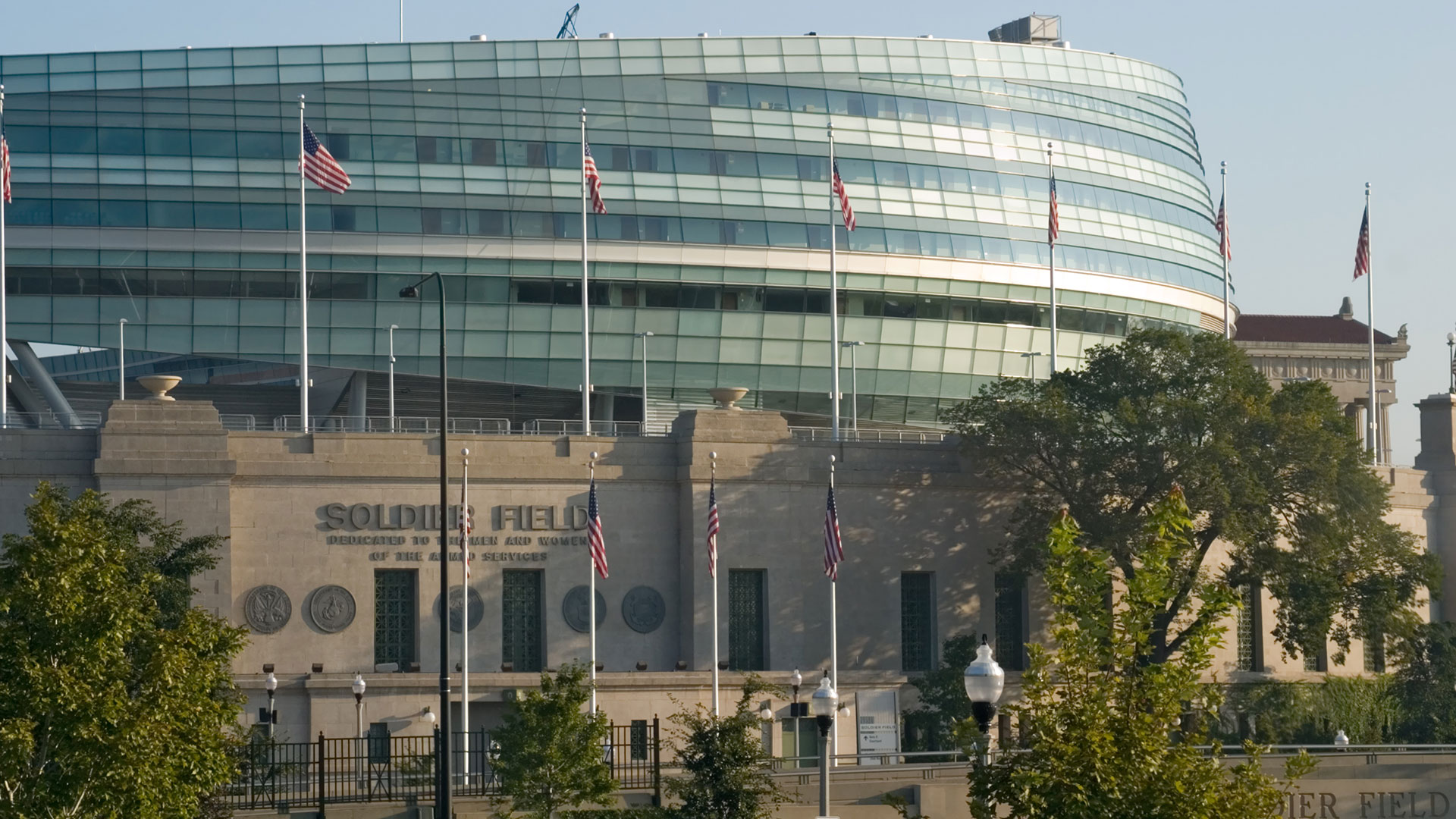After a portion of a Miami Beach condominium building collapsed early Thursday morning, experts and officials in Chicago are reassuring residents that the city has some of the most robust and strict building codes in the country. NBC 5’s Charlie Wojciechowski has the story.
After a portion of a Miami Beach condominium building collapsed early Thursday morning, experts and officials in Chicago are reassuring residents that the city has some of the most robust and strict building codes in the country.
In a statement, the Chicago Department of Buildings says that all high-rise development plans go through rigorous reviews, and inspections occur frequently to ensure that residents inside are safe.
“Chicago has one of the strictest building codes in the country,” the department said in a statement. “All plans for high-rise development undergo multiple reviews from all relevant disciplines, especially structural, to help ensure long-term safety. As further protection, owners must obtain a certificate of occupancy, which has its own set of requirements, prior to allowing any occupants in the building. We remain committed to the safety requirements outlined in the Chicago Construction Codes, and updating these codes as conditions evolve and new technology is introduced.”

According to authorities, at least one person is dead and 99 are currently unaccounted for after the collapse occurred Thursday morning. The 12-story beachfront building’s collapse coated several blocks with a light layer of dust, and rescue workers are still going through the rubble, with officials fearing that the casualty total could escalate quickly.
Officials are unsure of what caused the building’s collapse.
Chuck Guedelhoefer, one of the country’s leading forensic engineers, says that investigators in Miami will focus on the area around the building first.
Local
“The first objective would be to see if there was anything environmentally that could be happening at the time of the collapse,” he said.
Investigators will then work to determine exactly how the collapse took place.
Feeling out of the loop? We'll catch you up on the Chicago news you need to know. Sign up for the weekly Chicago Catch-Up newsletter.
“Look at how the debris ended up. The debris ended up in the pattern of a classic, progressive failure,” he said. “Imagine one column compressing and all the floor slab deflecting to that column. They are going to lean on top of each other, like shingles on a roof.”

Guedelhoefer says that engineers will need to take the salty, shifting beachfront environment into consideration.
“Problems in salty environments (can include) corrosion, and corrosion is one of the elements that we would hypothesize, one that we would check,” he said. “We check that by looking at the concrete debris, by testing it for chlorides.”
Chicago officials also note that Chicago and Miami have far different conditions that require widely different building code requirements. Miami has to prepare for yearly hurricanes and significant exposure to saltwater, and to saltwater vapors in the air and ground.
“I think Miami and Florida have upgraded their inspections rather dramatically in the last 10-to-15 years,” Guedelhoefer said. “That was following a rash of hurricanes that destroyed buildings that shouldn’t have been damaged by hurricanes.”
While investigators have not determined the cause of the collapse, Guedelhoefer says that these types of collapses of finished structures are exceedingly rare.



